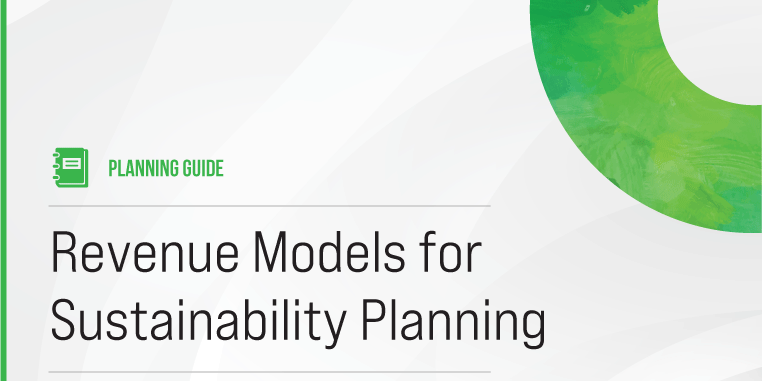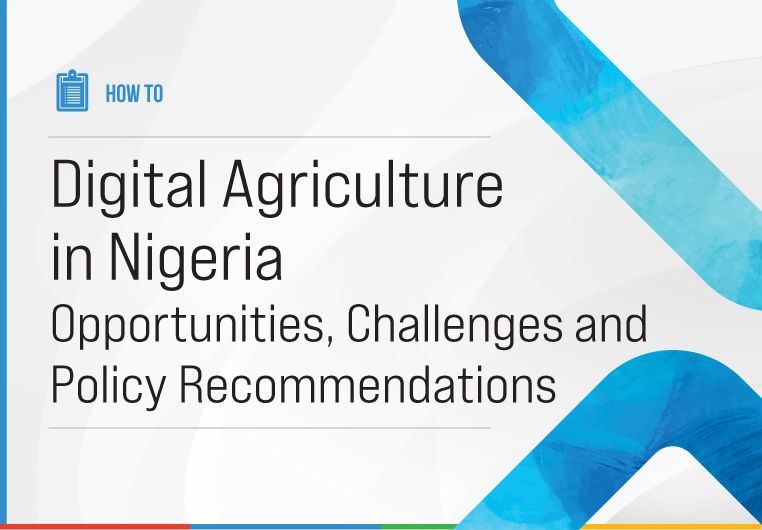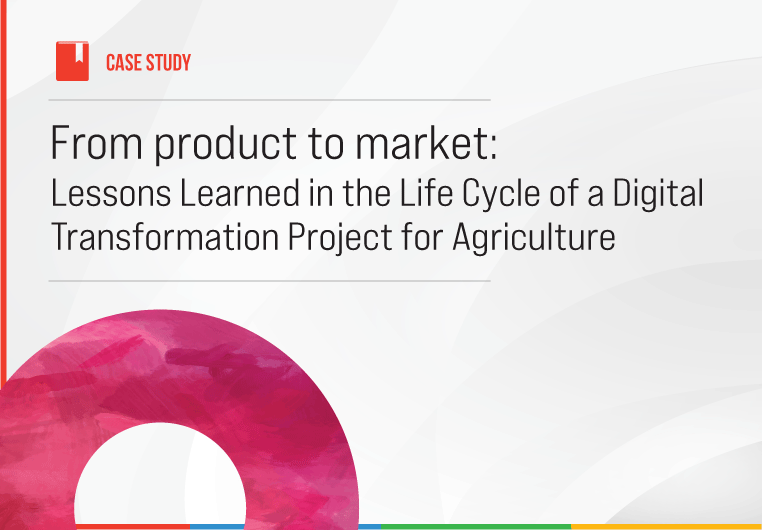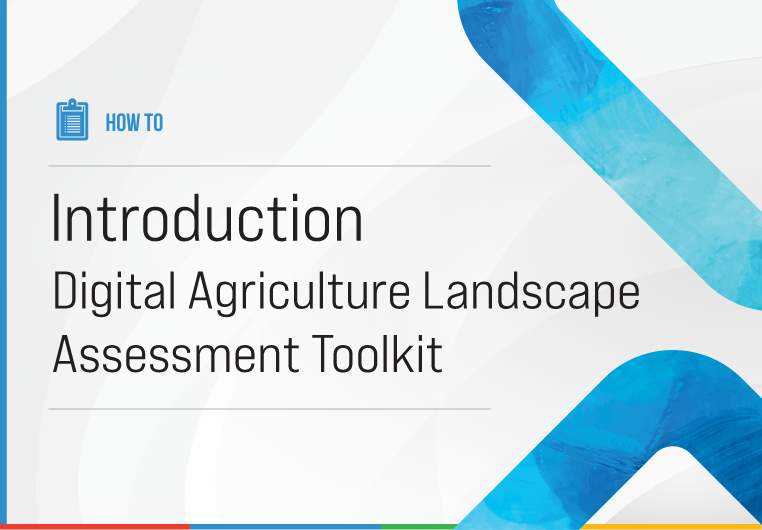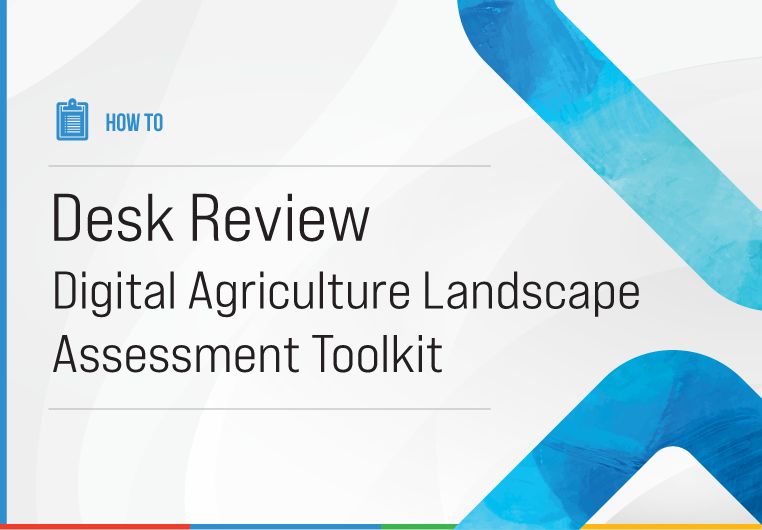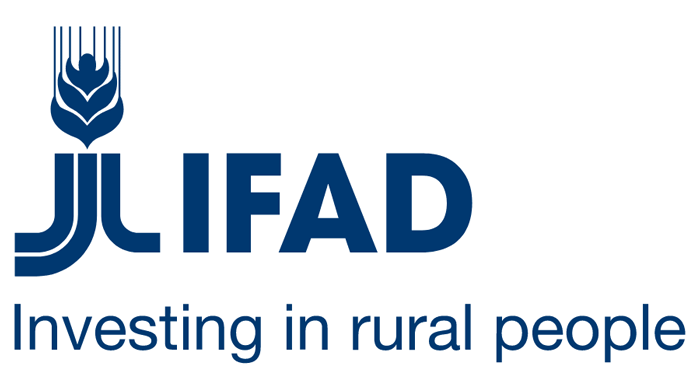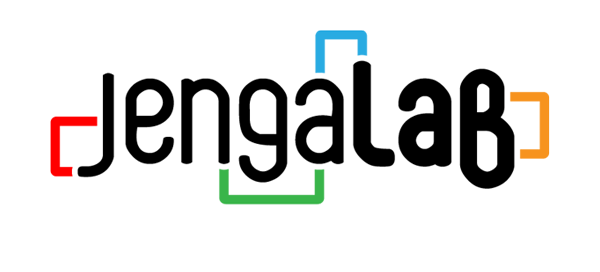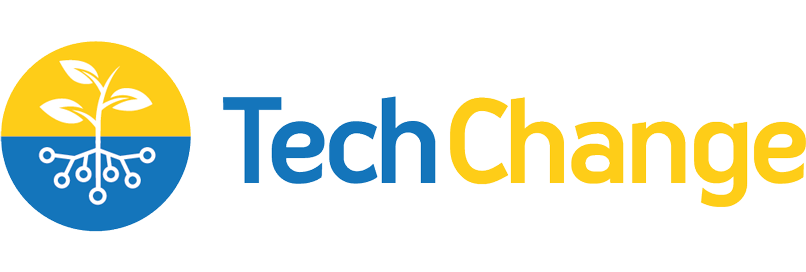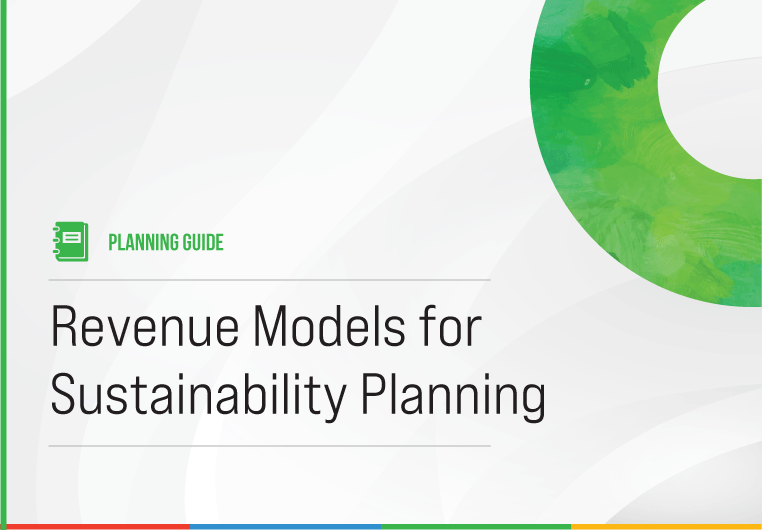
Revenue Stream Models for Sustainability Planning
Available in English and French
Areas of focus
Agribusiness and Entrepreneurship, Data Use and Governance, Digital Ecosystems, Tools, and IoT, Extension Services, Sustainability
Product Type
Best Practices and Case Studies
Introduction and Background
The goal of this document is to provide guidance on revenue models and sustainability planning to the SAPP team. While this guide and models are specific to the SAPP team and the Malawi country context, the considerations and opportunities could provide a starting point for others considering sustainability options.
To enable sustainability of the growth of the Ulimi ndi Nyengo platform, a variety of revenue models were explored in the form of use cases. The scenarios were not mutually exclusive, so a combination of scenarios was also considered. The revenue models were detailed as nine use cases as listed below:
Use Case 1: Promoting the use of the Platform among communities and IFAD-Funded Programs and generating revenue through advertisements
Use Case 2: Allowing access to the platform by Platform by other development partners and contract farmers at a cost
Use Case 3: Allowing farmers and Clients to Gain Access to the Platform resources at a cost
Use Case 4: Allowing Non-profit Clients Gain Access to the Platform and DAES’ Farmer Database at a cost
Use Case 5: Allowing Commercial Clients Gain Access to the Platform at a cost
Use Case 6: Allowing Farmer Clubs/Cooperatives/Associations Join the Platform at a cost
Use Case 7: Allowing researchers and universities access to the Farmer Database at a cost
Use Case 8: Additional Services Are Added to the Platform with Transaction Fees for sustainability
Use Case 9: Freemium Mode l- farmers are provided free access to the extension platform and a maximum number of SMS messages monthly
To read more about the use cases, please click on the download button below.
Submit Feedback
Contact us
FUNDED BY:
IMPLEMENTED BY:
